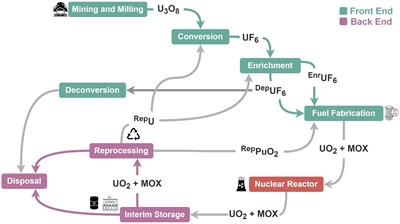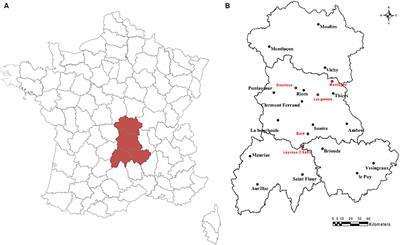REVIEW
Published on 18 Sep 2024
Potential applications of microbial genomics in nuclear non-proliferation

doi 10.3389/fmicb.2024.1410820
- 625 views
1,687
Total downloads
6,653
Total views and downloads
Select the journal/section where you want your idea to be submitted:
REVIEW
Published on 18 Sep 2024

ORIGINAL RESEARCH
Published on 23 Jul 2024

ORIGINAL RESEARCH
Published on 13 Mar 2024

ORIGINAL RESEARCH
Published on 06 Mar 2024


Frontiers in Marine Science